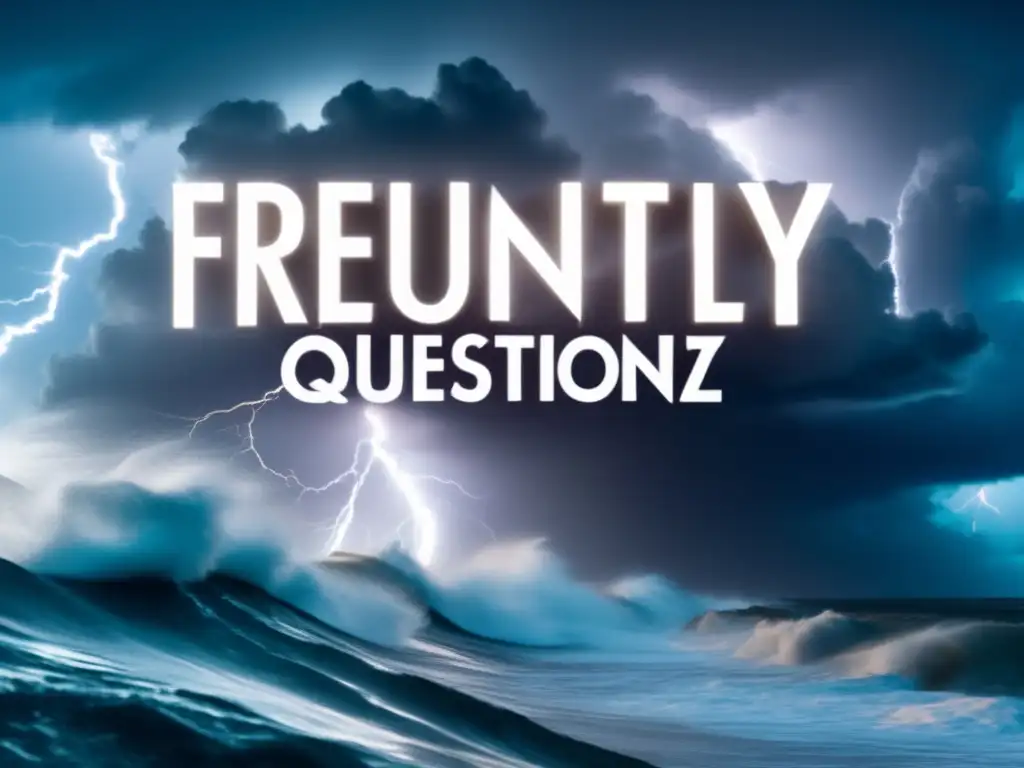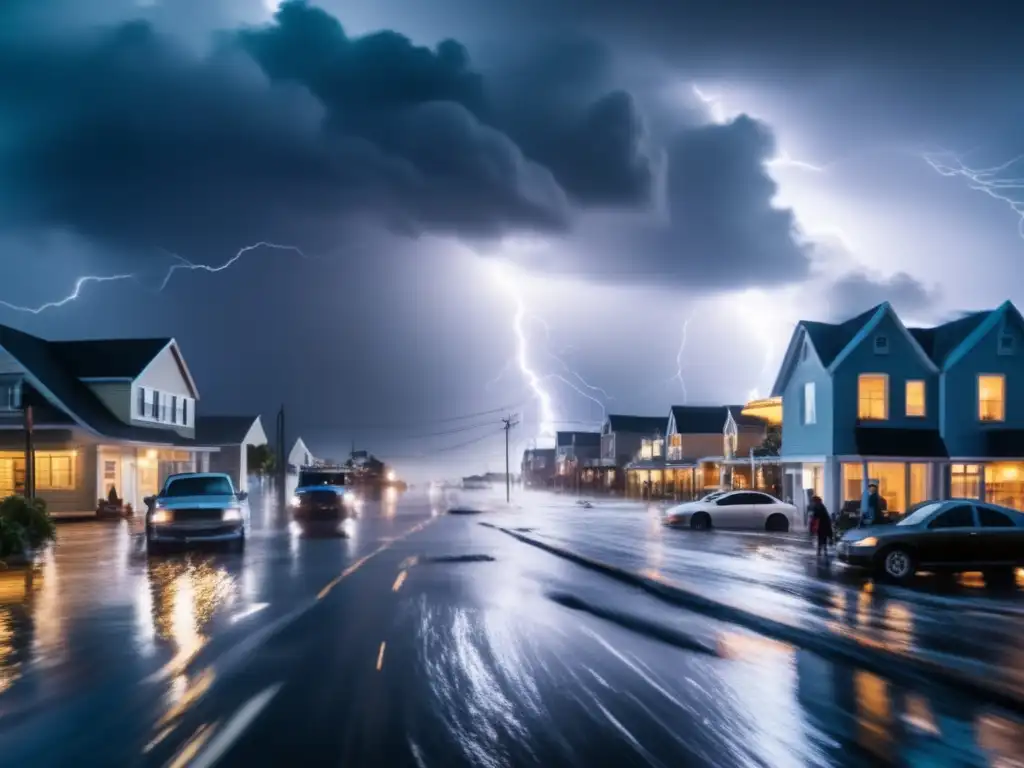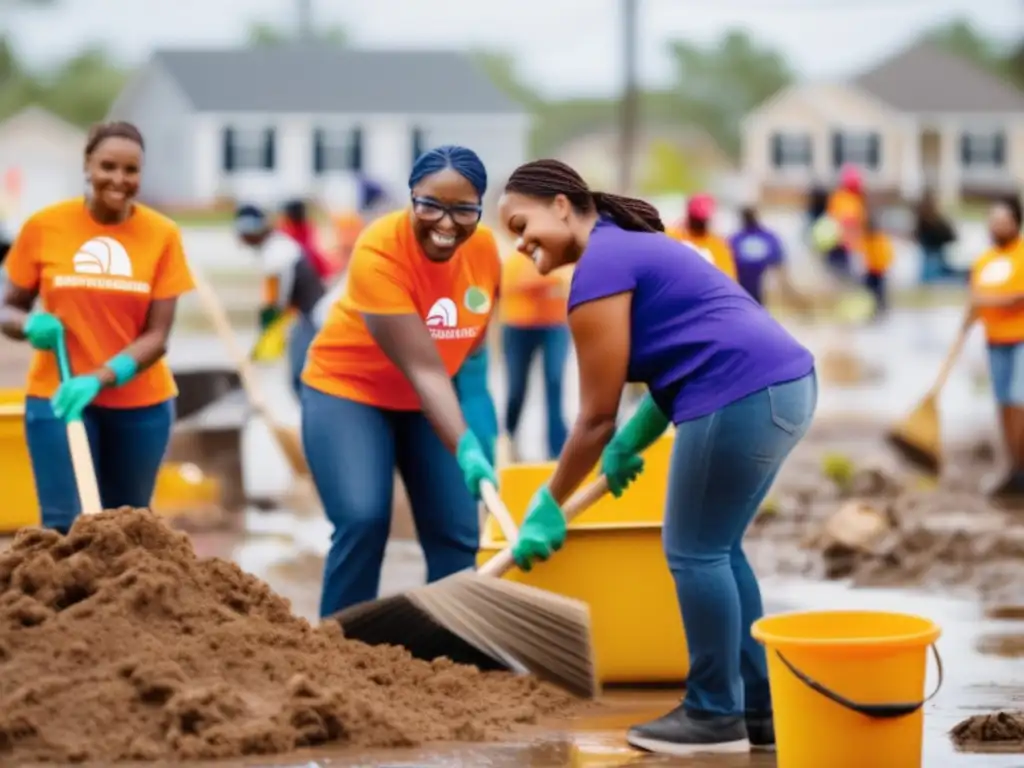How The Public Responds To Hurricane Warnings

How the Public Responds to Hurricane Warnings
Introduction
Hurricanes are catastrophic natural disasters that can cause irreparable damage to both people and property. When hurricanes threaten to make landfall, hurricane warnings are issued to alert the public to take necessary precautions. However, how the public responds to these warnings can greatly affect their safety during the storm. In this article, we will discuss how the public responds to hurricane warnings and the impact it has on their safety.
The Public’s Response to Hurricane Warnings

Evacuations
One of the most common responses to hurricane warnings is evacuation. Evacuating from an area that is likely to be affected by a hurricane is often recommended to ensure the safety of individuals and families. However, not everyone takes heed of these warnings and chooses to stay in their homes. This behavior can be due to a variety of reasons, including mistrust of the government, lack of access to transportation or shelter, and denial of the severity of the situation.
According to a study conducted by the National Hurricane Center, people living in high-risk areas for hurricanes are more likely to leave their homes when a mandatory evacuation order is issued. However, those who live outside of these areas or in low-risk zones are less likely to evacuate when advised to do so.
It’s essential to remember that even if evacuation seems unnecessary, it’s better to err on the side of caution and heed the warnings issued by meteorologists and government agencies. Staying in a hurricane-prone area can be dangerous, even during a seemingly mild storm.
Preparing Homes and Property
In addition to evacuations, preparing homes and properties for an impending hurricane is another common response to hurricane warnings. This can include boarding up windows and doors, securing loose objects, and stocking up on necessary supplies such as food, water, and batteries.
According to a survey conducted by the Insurance Institute for Business & Home Safety, more than 90% of people who live in hurricane-prone areas take at least one protective measure before a storm. However, the study also found that many people wait until the last minute to prepare, which can leave them vulnerable to the storm’s effects.
It’s important to prepare well in advance of a hurricane warning to ensure that you have enough time to take all necessary measures to protect your home and property.
Staying Informed
Staying informed about the status of an impending hurricane is crucial to ensuring the safety of yourself and others. There are many ways to stay up-to-date on hurricane warnings, including television, radio broadcasts, smartphone apps, and social media.
According to a study conducted by the National Hurricane Center, people who actively seek out information about hurricanes are more likely to take appropriate action when warnings are issued. However, many people don’t actively seek out information about hurricanes or rely solely on one source of information, which can result in misinformation or lack of information altogether.
It’s important to actively seek out information from multiple sources during a hurricane warning so that you can make informed decisions regarding your safety.
The Impact of Public Response on Safety

Positive Impact
When the public responds positively to hurricane warnings, it can have a significant impact on their safety. Evacuations and preparations can greatly reduce the risk of injury or death during a storm. Additionally, staying informed about the status of the hurricane can help individuals and families make informed decisions about their safety.
According to a study conducted by the National Hurricane Center, people who evacuate before a storm are much less likely to be injured or killed than those who do not. Additionally, those who take appropriate measures to prepare their homes and property are less likely to experience severe damage or destruction during a hurricane.
Negative Impact
When the public does not respond appropriately to hurricane warnings, it can have a harmful impact on their safety. Those who choose not to evacuate or prepare their homes and property may be at a high risk of injury or death during a storm. Additionally, those who do not stay informed about the status of the hurricane may be unaware of potential dangers and risks.
According to a study conducted by the National Hurricane Center, people who do not evacuate when warned to do so are more likely to require rescue assistance. Additionally, those who have not prepared their homes and property are more likely to experience severe damage or destruction during a hurricane.
Frequently Asked Questions

-
Why is it important to evacuate during a hurricane warning?
Evacuating during a hurricane warning can greatly reduce the risk of injury or death during a storm.
-
What are some ways to stay informed about the status of a hurricane?
There are many ways to stay up-to-date on hurricane warnings, including television, radio broadcasts, smartphone apps, and social media.
-
What should I do if I am unable to evacuate during a hurricane warning?
If you are unable to evacuate during a hurricane warning, it’s important to seek shelter in a safe location and take necessary precautions to protect yourself.
-
When should I begin preparing for a hurricane?
You should begin preparing for a hurricane well in advance of a hurricane warning to ensure that you have enough time to take all necessary measures to protect your home and property.
-
What should I do if I am caught in a hurricane while driving?
If you are caught in a hurricane while driving, pull over to a safe location and turn off your car’s engine.
Conclusion
How the public responds to hurricane warnings greatly affects their safety during the storm. Evacuations, preparations, and staying informed are all essential components of an effective response to a hurricane warning. It is vital to heed the warnings issued by meteorologists and government agencies to ensure the safety of yourself and others. Remember, it’s better to err on the side of caution, even if evacuation seems unnecessary, than to risk the potentially life-threatening consequences of staying in a hurricane-prone area.
By understanding how the public responds to hurricane warnings, we can better prepare ourselves and our communities for the potential impacts of these devastating natural disasters.
Additional Resources

For additional information about hurricane preparedness and safety, please visit:
- National Hurricane Center: https://www.nhc.noaa.gov/
- Ready.gov: https://www.ready.gov/hurricanes
- American Red Cross: https://www.redcross.org/get-help/how-to-prepare-for-emergencies/types-of-emergencies/hurricane.html
 The Role Of Non-profits In Hurricane Relief And Recovery
The Role Of Non-profits In Hurricane Relief And Recovery The Impact Of Hurricanes On Freshwater Resources
The Impact Of Hurricanes On Freshwater Resources The Mathematics Behind Hurricane Modeling
The Mathematics Behind Hurricane ModelingIf you want to discover more articles similar to How The Public Responds To Hurricane Warnings, you can visit the Basic knowledge about hurricanes: category.
Leave a Reply

Articulos relacionados: